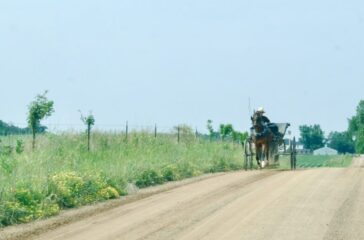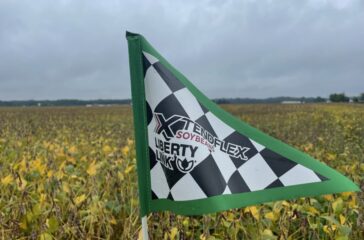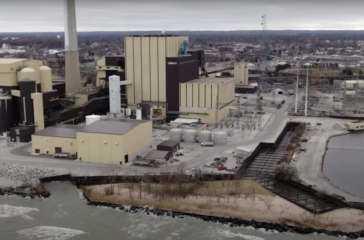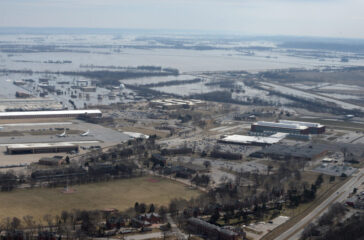Farm country fight – Battle rages over proposed legal protections for pesticide makers
By Carey Gillam
Pesticide company efforts to push through laws that could block litigation against them is igniting battles in several US farm states and pitting some farm groups against each other.
 EWG
EWG



